Metals with the Most Cost-Effective CNC Machining Manufacturing:
When it comes to CNC machining, the cost-effectiveness of manufacturing is influenced by various factors, including material prices, machinability, and specific project requirements. Here are some metals known for their generally lower machining costs:
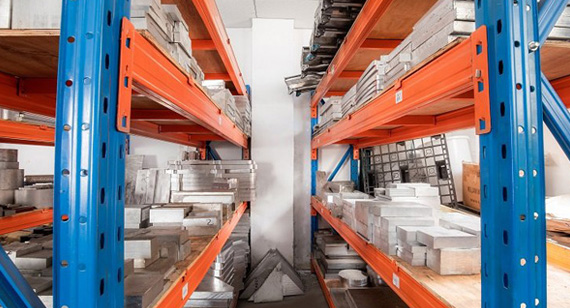
Aluminum:
Aluminum is widely recognized for its affordability in CNC machining. It offers excellent machinability, reducing tool wear and machining times. Additionally, aluminum’s lightweight nature contributes to lower shipping and handling costs.
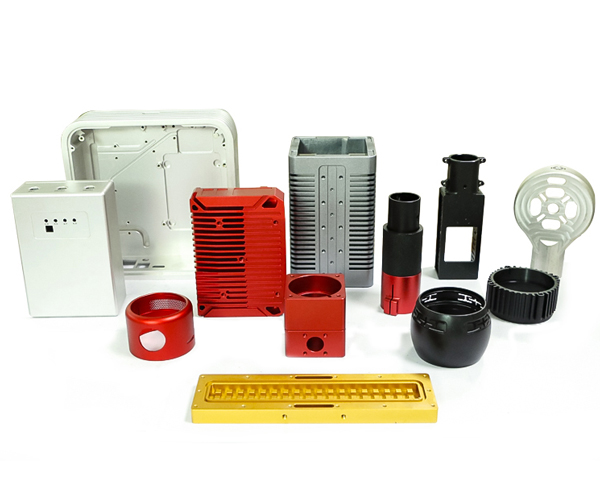
Brass:
Brass is a cost-effective option for CNC machining. It is known for good machinability and can be an economical choice, especially for projects requiring a balance of cost and aesthetic appeal.
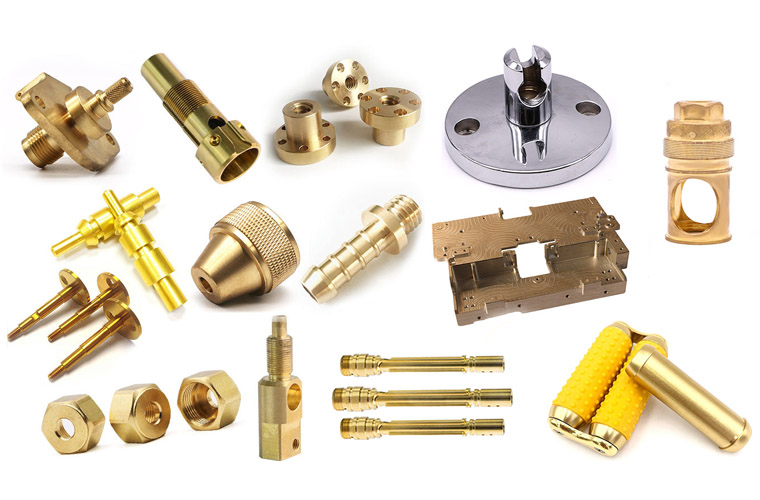
Mild Steel:
Mild steel is often chosen for its low cost and ease of machining. Its versatility makes it suitable for various applications, and its widespread availability contributes to cost-effectiveness.
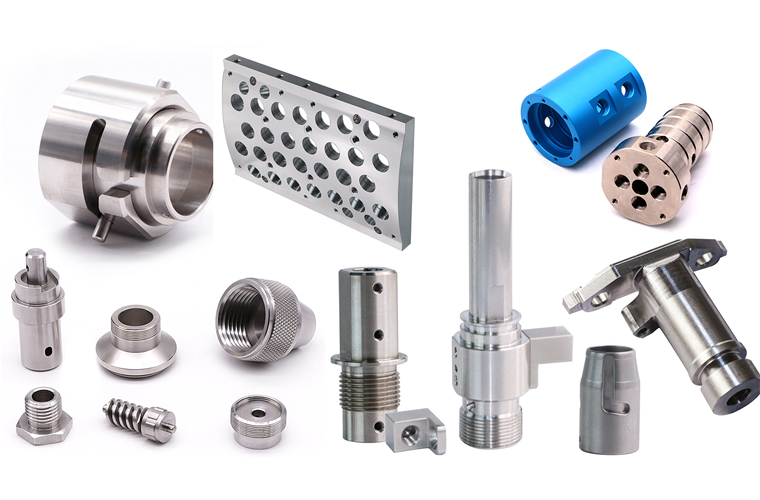
Copper:
Copper is another metal that offers reasonable cost-effectiveness in CNC machining. Its excellent thermal conductivity and electrical properties make it a preferred choice for certain applications.
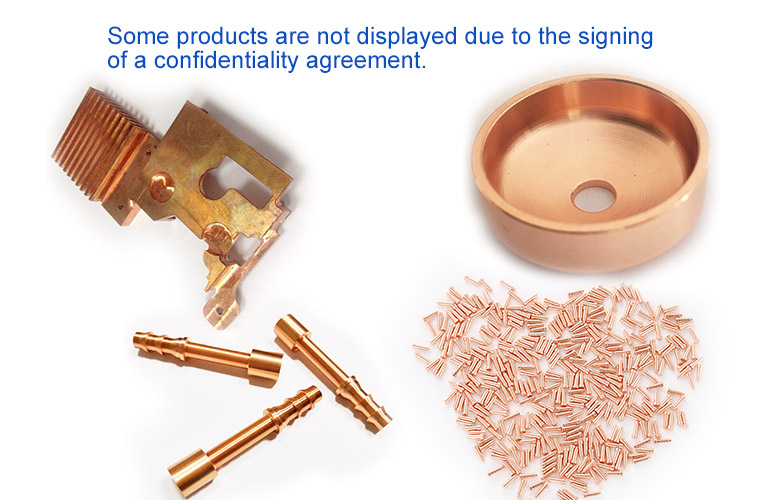
Plastics and Polymers:
While not metals, plastics and polymers are worth mentioning for their affordability in CNC machining. Materials like ABS, Nylon, and Acetal are cost-effective alternatives, particularly for components where metal properties are not essential.
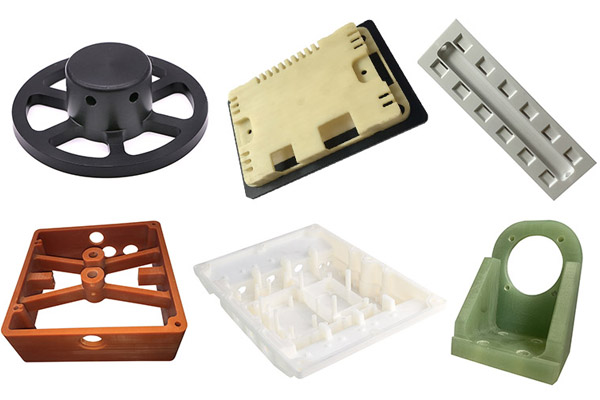
It’s important to note that the specific requirements of a project, including material properties, part complexity, and quantity needed, will influence the overall cost-effectiveness. Consulting with CNC machining professionals can help in selecting the most suitable and cost-effective material for your specific application.
Optimizing Costs in CNC Machining: Choosing the Right Materials for Your Project
In the realm of CNC machining, material selection plays a pivotal role in determining overall project costs. While certain metals are known for their cost-effectiveness, other considerations can further optimize manufacturing expenses:
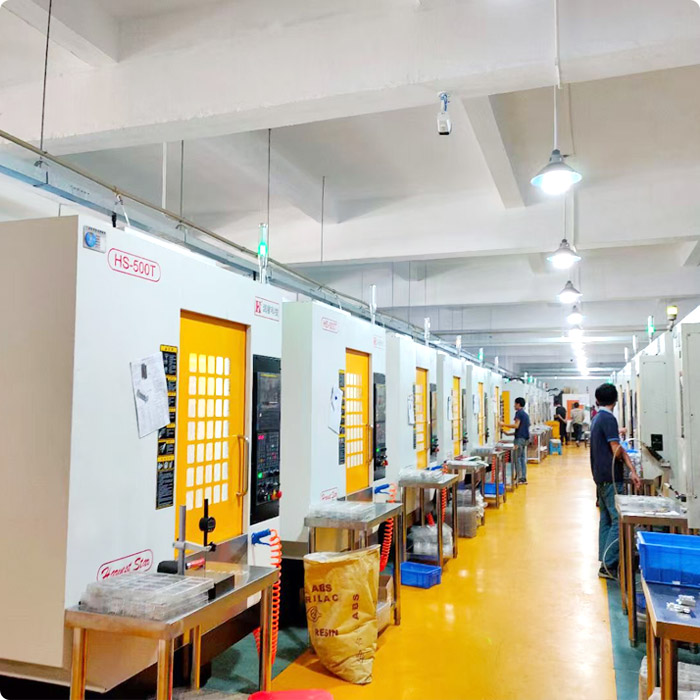
Material Availability:
The cost of materials is influenced by their availability in the market. Widely available metals like aluminum and mild steel often come with competitive pricing, making them economical choices.
Machinability:
Metals that exhibit high machinability contribute to reduced tool wear and shorter machining times. This not only impacts material costs but also affects labor costs associated with machining processes.
Tooling and Setup:
Material characteristics, such as hardness, can impact tool wear and the need for specialized tooling. Choosing materials that align with standard tooling options can minimize setup costs and improve cost-effectiveness.
Waste Minimization:
Minimizing material waste is crucial for cost-effectiveness. Some materials, like plastics and certain alloys, allow for efficient use of raw materials, reducing both material costs and environmental impact.
Post-Machining Treatments:
Consideration of post-machining treatments, such as surface finishing or coating, can affect the overall cost. Choosing materials that require minimal post-processing can lead to additional cost savings.
Part Complexity:
The complexity of machined parts influences machining time and, consequently, costs. Materials that allow for streamlined machining of intricate designs contribute to overall cost-effectiveness.
Volume Requirements:
The quantity of parts needed for a project impacts material procurement costs. For higher volume requirements, negotiating bulk material purchases can result in additional cost savings.
Industry Standards:
Adhering to industry standards and choosing materials with established machining parameters can streamline the manufacturing process, contributing to efficient and cost-effective production.
By carefully considering these factors alongside the inherent cost-effectiveness of certain metals, manufacturers and engineers can make informed decisions that align with project goals. The expertise of CNC machining professionals is invaluable in navigating these considerations and optimizing material choices for both performance and cost efficiency.
Find a reliable CNC machining partner
Do you know how to choose the right CNC machining manufacturer for your project? CNCMF has 15 years of experience in surface treatment experts and engineers to choose the appropriate processing technology and surface treatment for you to improve the surface texture and performance of CNC parts.
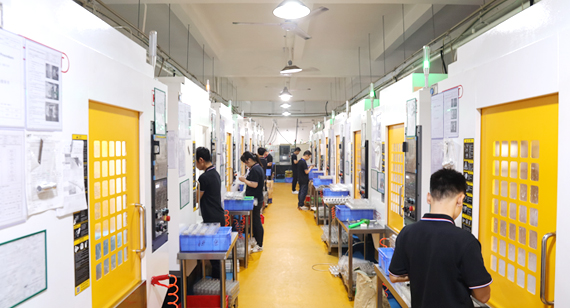
With its own material library, we can provide you with customized CNC metal machining services for stainless steel, aluminum, titanium, copper and other materials. Whether it’s prototyping or low-volume production of parts, our team of professional engineers can select the right surface treatment and materials to meet your needs to a high standard. Then, simply upload your CAD files to our email: [email protected] to get a project quote.